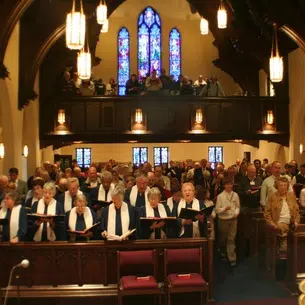By Pedro Fonseca
RIO DE JANEIRO (Reuters) – Brazil was on track to surpass 1 million confirmed coronavirus cases on Friday, second only to the United States, with total deaths fast approaching 50,000 as the country struggles with a tense political climate and worsening economic outlook.
Brazil confirmed its first case of the virus on Feb. 26. It has spread relentlessly across the continent-sized country, eroding support for right-wing President Jair Bolsonaro and raising fears of economic collapse after years of anemic growth.
The true extent of the outbreak in Brazil far exceeds official figures released after 6 p.m. (2100 GMT) on most evenings, according to many experts, who cite a lack of widespread testing in the country as a factor adding to many uncertainties about the disease.
“That number of 1 million is much less than the real number of people who have been infected, because there is under-reporting of a magnitude of five to ten times,” said Alexandre Naime Barbosa, a medical professor at the So Paulo State University. “The true number is probably at least 3 million and could even be as high as 10 million people.”
Brazil’s Health Ministry reported 978,142 total confirmed cases and 47,748 related deaths on Thursday evening. The count has risen by a daily average of 25,000 new cases and 1,000 fatalities for the past week.
But by Friday afternoon, a consortium of Brazilian news outlets keeping an independent tally of COVID-19 statistics from state health officials reported the country had already passed the benchmark of 1 million confirmed cases.
COVID-19 arrived in Brazil via wealthy tourists returning from Europe to major southeastern cities such as Sao Paulo and Rio de Janeiro, but has spread deep into the interior, reaching 82% of Brazil’s municipalities, health ministry data shows.
Bolsonaro, sometimes called the “Tropical Trump,” has been has been widely criticized for his handling of the crisis. The country still has had no permanent health minister after losing two since April, following clashes with the president.
Bolsonaro has shunned social distancing, calling it a job-killing measure that was more dangerous than the virus itself. He has promoted two anti-malarial drugs as remedies, chloroquine and hydroxychloroquine, despite little evidence they work.
The former army captain’s handling of the crisis has prompted Brazilians to bang pots and pans regularly outside their apartments in protest, but it has not stopped him from wading into costly political battles with his own cabinet and the Supreme Court, stoking fears of instability.
Pressure from Bolsonaro and public fatigue after months of ineffective state and local isolation orders has led governors and mayors to begin lifting restrictions on commerce and other economic activity.
Public health experts have warned that loosening restrictions too soon threatens to accelerate contagion and drive up fatalities.
A worsening outbreak could weigh on already-grim economic forecasts. The government has said the economy will contract by 4.7% this year, while economists surveyed by the central bank think it will fall more than 6%.
(Reporting by Pedro Fonseca; Writing by Gabriel Stargardter; Editing by Brad Haynes and Tom Brown)




